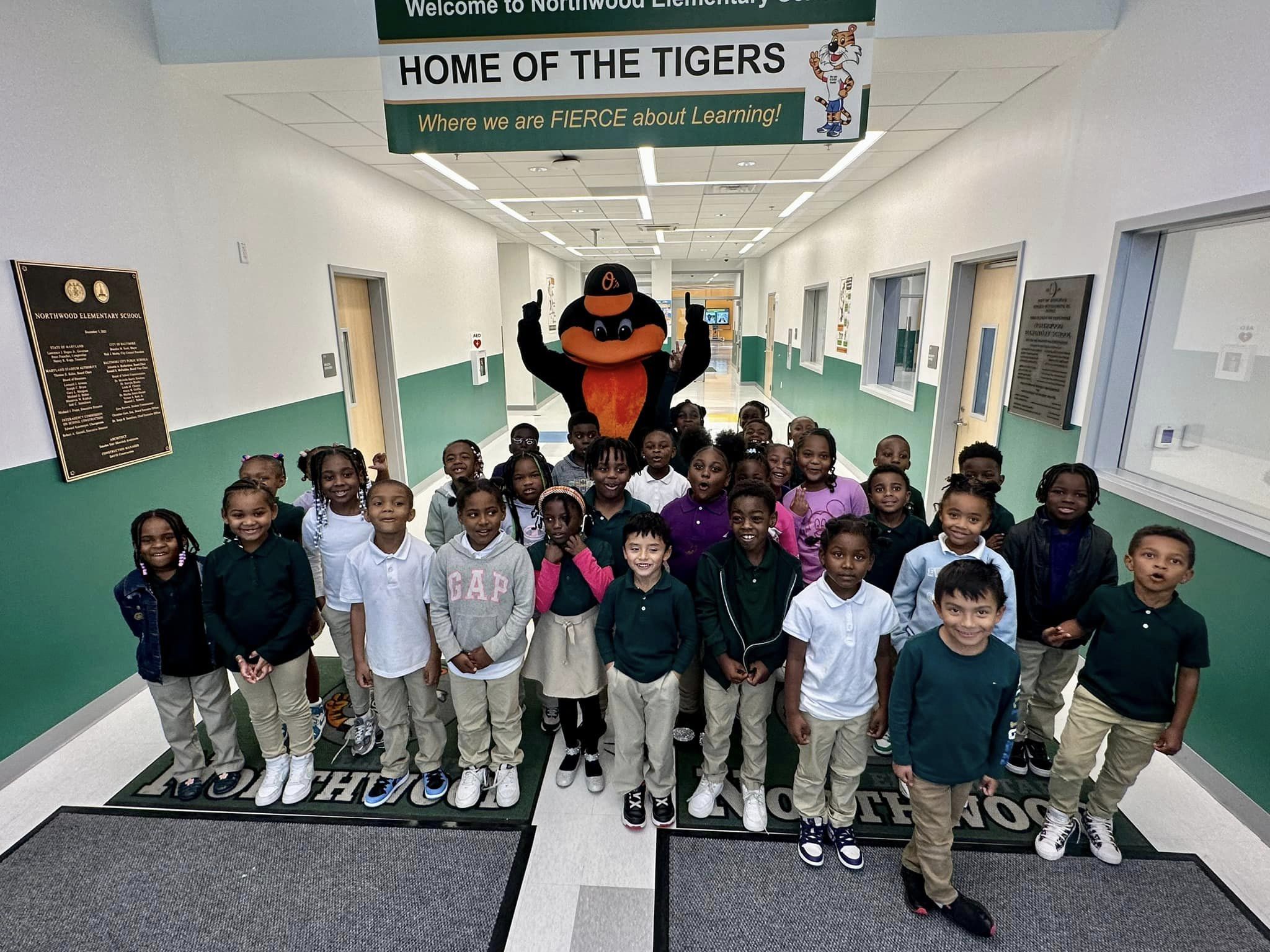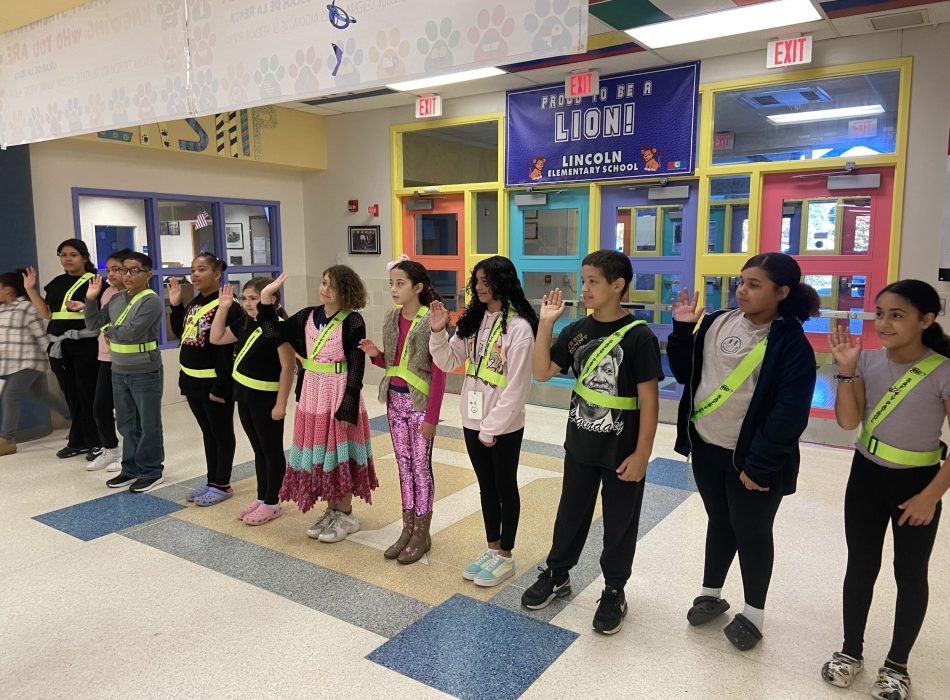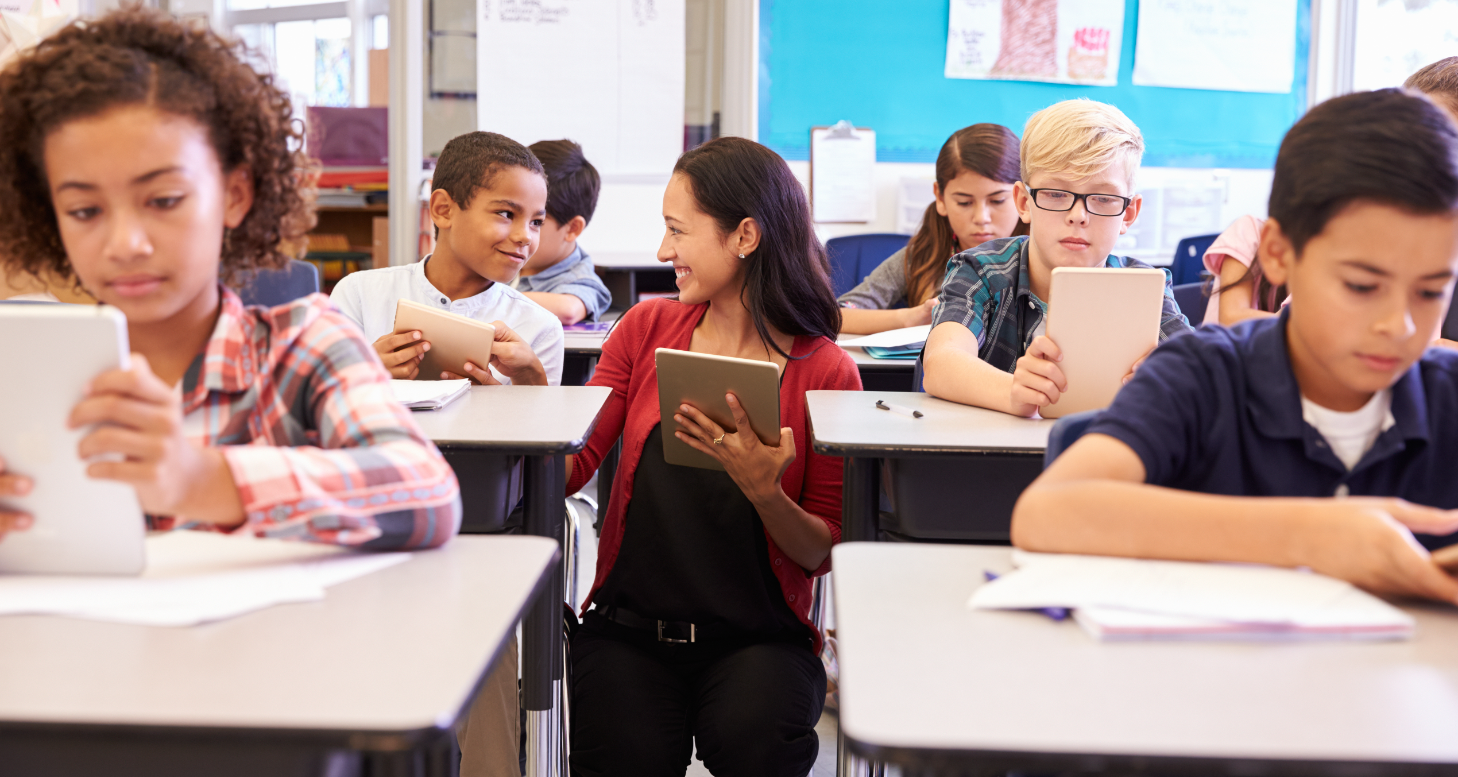All Regarding Kindergarten: Recognizing the Importance of Very Early Childhood Education And Learning Programs
Preschool acts as an essential stage in a youngster's very early growth. It introduces foundational abilities crucial for future understanding and social communications. Through different activities, children take part in structured play that promotes cognitive growth. Recognizing the subtleties of different preschool programs can additionally illuminate their significance. What certain benefits do these very early education and learning experiences use, and how do they shape a kid's trajectory? The answers might be a lot more complex than one could anticipate.

The Role of Kindergarten in Kid Advancement
Although some might see kindergarten simply as a transition phase before official education, it plays a vital duty in child growth. This foundational stage promotes essential social, emotional, and cognitive abilities that are essential for long-lasting learning. In kindergarten, kids take part in structured play, which boosts their capability to cooperate, share, and settle problems with peers. These communications prepared for healthy and balanced connections and improved interaction skills.
On top of that, kindergarten introduces children to standard principles in literacy and numeracy, triggering interest and a love for understanding. Teachers assist trainees with activities that promote critical and problem-solving thinking, necessary elements of intellectual development. The atmosphere stresses routine and framework, helping kids develop self-control and freedom. By focusing on alternative growth, kindergarten assurances that kids are not just ready academically yet additionally socially and psychologically for the challenges of future educational ventures.
Trick Benefits of Very Early Childhood Education
Early childhood education offers numerous advantages that can significantly influence a kid's development and future success. Research study indicates that children that participate in quality very early education and learning programs display improved cognitive abilities, better language development, and boosted social skills contrasted to their peers that do not participate in such programs. These fundamental abilities are crucial as they set the phase for academic success and lifelong discovering.
Very early education and learning cultivates emotional development by supplying youngsters with opportunities for cooperative play and conflict resolution, assisting them develop strength and empathy. In addition, these programs usually assist bridge the gap for children from varied histories, making certain fair accessibility to learning resources and experiences
Ultimately, buying very early childhood education and learning not just benefits private youngsters but also adds to stronger communities, as enlightened individuals are more probable to engage positively in society and the workforce.
Different Kinds of Preschool Programs
Different preschool programs accommodate various academic approaches and needs. Full-day options offer prolonged discovering time, while the Montessori technique emphasizes freedom and hands-on experiences. Furthermore, play-based learning approaches foster creativity and social abilities, highlighting the variety in very early childhood years education and learning.
Full-Day Kindergarten Options
Lots of parents and instructors recognize the growing value of full-day kindergarten alternatives in very early youth education. Full-day programs generally provide a more thorough learning experience, enabling children to involve in a variety of tasks throughout the day. These options often consist of a well balanced curriculum that integrates academic, social, and psychological growth. Some areas offer standard full-day kindergarten, while others may give specialized programs, such as double language or thematic learning environments. In addition, full-day preschool can fit working parents by aligning institution hours with regular job schedules. Research study suggests that pupils in full-day programs often demonstrate improved scholastic efficiency and social abilities compared to their peers in half-day setups, making these options increasingly prominent in many areas.
Montessori Approach Introduction
Although the Montessori method is simply among several academic approaches, it has obtained substantial attention for its unique emphasis on child-led discovering and exploration. Developed by Dr. Maria Montessori, this method concentrates on cultivating freedom and self-directed activity in kids. Class are generally designed to urge movement and hands-on interaction with products, allowing children to discover at their very own rate. Montessori teachers work as overviews, facilitating finding out with monitoring instead than straight instruction. This method prioritizes mixed-age classrooms, promoting cooperation and peer understanding. Furthermore, the Montessori method emphasizes practical life abilities and sensory tasks, assisting children create a solid foundation in both social and scholastic competencies. Moms and dads typically appreciate the all natural growth that this strategy nurtures in their kids.
Play-Based Learning Strategies
Play-based learning strategies are indispensable to various preschool programs, emphasizing the value of play as a fundamental mode of discovering for young kids. These techniques urge exploration, creativity, and social interaction, enabling kids to take part in hands-on experiences that foster cognitive and emotional growth. Numerous kinds of play, such as imaginative, constructive, and physical play, are utilized to sustain discovering purposes throughout subjects like literacy, science, and math. Furthermore, play-based programs typically integrate collective activities, promoting synergy and communication skills. Educators observe and direct youngsters during play, making certain that discovering end results are attained while preserving a joyous learning atmosphere. This technique not only improves academic preparedness but also cultivates a lifelong love for discovering, making it an important element of very early youth education.
The Significance of Play in Understanding
A substantial body of research emphasizes the critical function of play in very early childhood education, illustrating its extensive influence on learning and growth. Play functions as a vital mechanism whereby kids explore their environment, create cognitive abilities, and boost their analytical capacities. Engaging in creative play allows youngsters to explore different functions and circumstances, cultivating creative thinking and important reasoning.
Additionally, play-based learning motivates children to involve with materials and ideas in a hands-on way, making abstract concepts much more easy to understand and concrete. This experiential understanding method not just captures children's rate of interest but also advertises inherent motivation, basic for long-lasting discovering.
With play, kids also refine their motor skills and spatial awareness, laying the groundwork for a lot more complex scholastic tasks. Essentially, focusing on play in very early childhood education and learning programs is vital for nurturing alternative growth, outfitting kids with the foundational abilities necessary for their future academic journeys.
Social Abilities Development in Preschool
Building on the structure established via play, preschool acts as an essential setting for social skills development. Throughout this developmental phase, youngsters participate in organized activities that encourage communication with peers. Via team projects, participating games, and shared tasks, they learn crucial abilities such as dispute, communication, and compassion resolution.
Teachers help with these interactions, leading children in comprehending social cues and cultivating favorable relationships. As youngsters navigate numerous social circumstances, they create a feeling of belonging and discover to value varied point of views.
Kindergarten supplies chances for youngsters to exercise turn-taking, sharing, and arrangement, which are vital for building relationships. These experiences not only enhance social skills but likewise add to emotional intelligence. Therefore, the social abilities acquired in kindergarten prepared for successful communications in later educational setups and throughout life. The relevance of social skills growth in preschool can not be overemphasized.
Parental Involvement in Early Education

Moreover, when moms and dads demonstrate a passion in their kid's education, it cultivates a positive perspective in the direction of learning. When they feel supported, youngsters are a lot more most likely to create a feeling of belonging and inspiration to do well. In addition, adult involvement can boost a kid's psychological health, bring about better durability in encountering college difficulties. Cultivating a joint environment between home and college is important for optimizing early instructional experiences and results.
Getting ready for the Shift to Grade School
As youngsters approach the end of their preschool journey, preparing for the adjustment to grade school comes to be increasingly important. This change needs mindful planning and assistance from both parents and instructors. Familiarizing children with the brand-new environment, regimens, and expectations of primary school can alleviate their stress and anxiety and promote confidence.
Institutions often provide positioning sessions that present kids to their future classrooms and teachers, promoting a feeling of belonging. Additionally, parents can involve in conversations about the adjustments in advance, stressing the amazing chances for learning and social interaction.
Encouraging freedom in daily jobs, such as complying with a routine and dressing, can likewise be helpful. Exercising vital skills, such as letter acknowledgment and basic mathematics, prepares youngsters academically for initial quality.
Ultimately, a collective initiative among moms and dads, instructors, and the area assures a smoother shift, laying a solid foundation for an effective instructional journey.
Regularly Asked Inquiries
What Credentials Should Kindergarten Educators Have?
Preschool educators should have a bachelor's level in early childhood years education and learning or a relevant area, in addition to state qualification. Added credentials may consist of specialized training in youngster growth, class management, and efficient training methods.
How Do I Pick the Right Preschool Program?
To choose the right kindergarten program, one ought to consider elements like curriculum, teaching approaches, course size, educator certifications, and parent evaluations. Checking out facilities and observing interactions can likewise offer beneficial understandings right into the program's atmosphere.
What Should My Youngster Learn in Kindergarten?
In preschool, a youngster should find out foundational abilities such as standard analysis and writing, counting, social communications, analytic, and electric motor skills. These competencies cultivate cognitive growth and prepare them for future educational difficulties.
Exist Age Requirements for Preschool Registration?
Most states call for children to be 5 years old by a specific date, frequently September 1st, for kindergarten enrollment. However, certain age needs can differ, so checking local institution district laws is essential.

How Can I Assistance My Kid's Discovering at Home?
To support a kid's knowing at home, moms and dads can develop a routine, give interesting instructional products, urge analysis, take part in hands-on activities, and foster open communication to nurture inquisitiveness and important reasoning abilities.
Preschool serves as an essential phase in a youngster's very early Private School advancement. Some might see kindergarten just as a changeover stage prior to formal education, it plays a necessary duty in youngster growth. In addition, kindergarten presents kids to fundamental concepts in proficiency and numeracy, sparking curiosity and a love for understanding. Play-based knowing methods are essential to countless kindergarten programs, stressing the value of play as an essential mode of finding out for young children. In kindergarten, a kid ought to find out foundational skills such as basic analysis and writing, counting, social communications, analytic, and electric motor abilities.